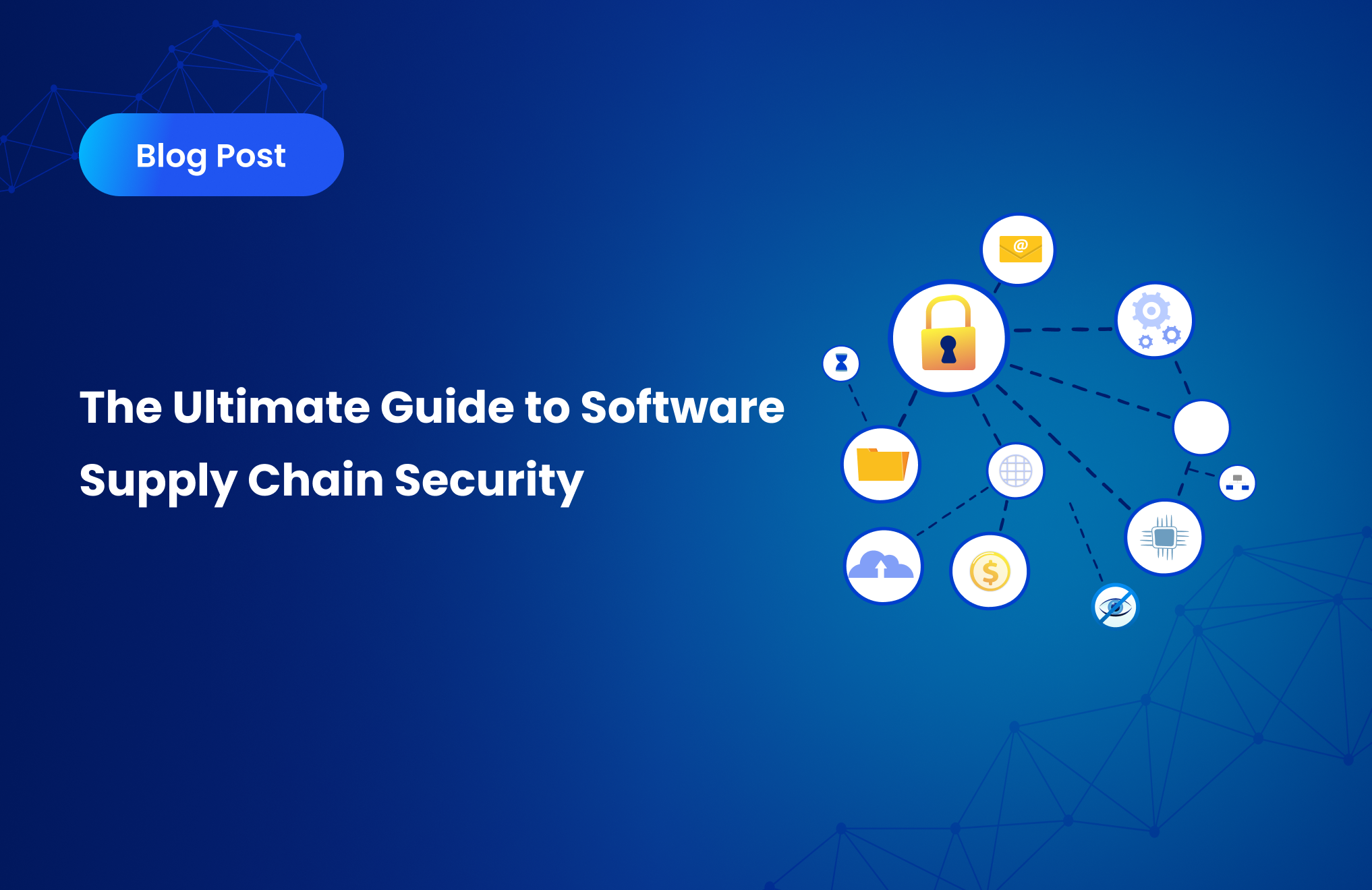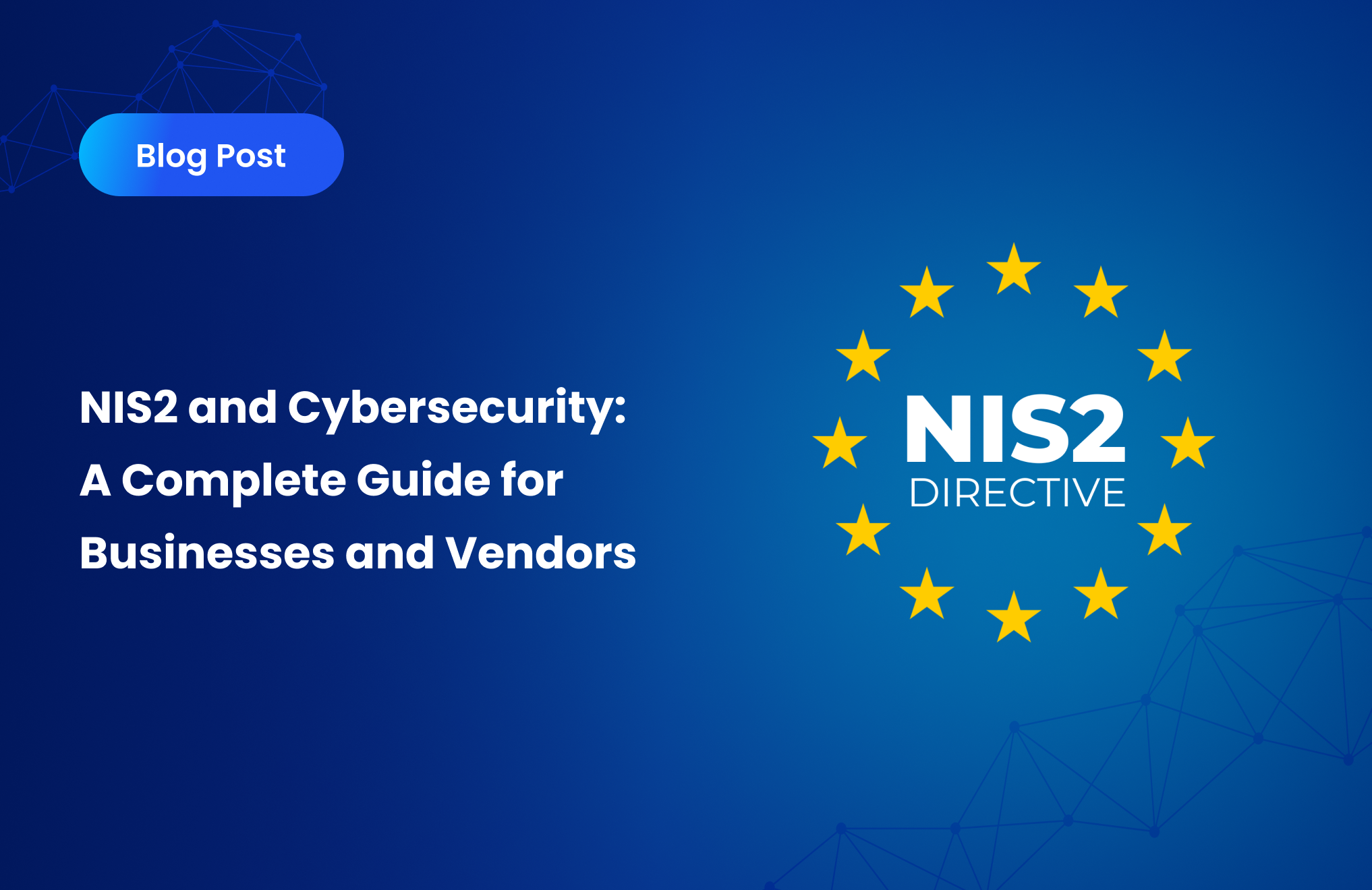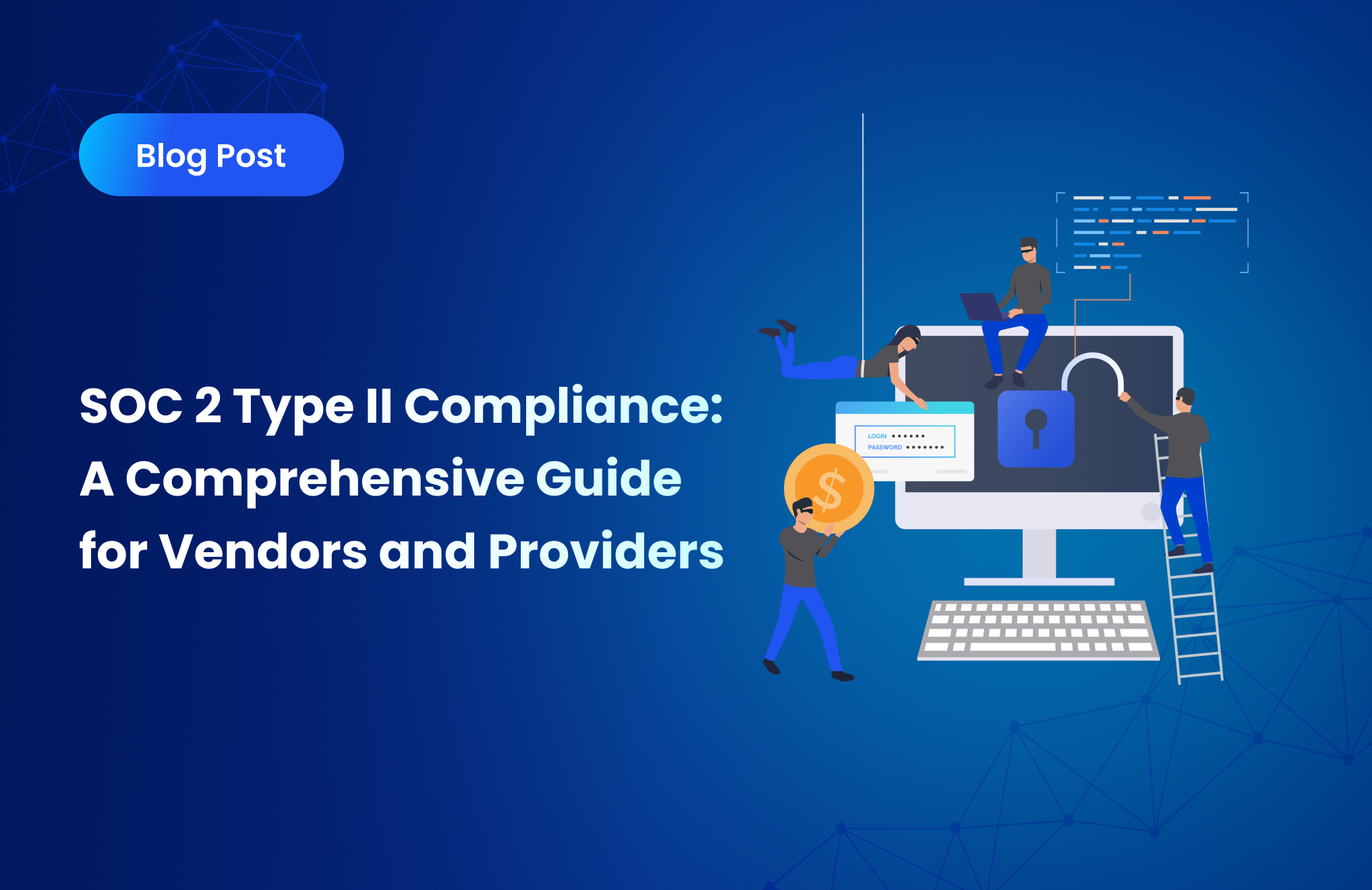Proactive Security Measure - Why We Need Them?

There are many reasons you should have proactive security measures in place for your business. Perhaps the most important reason is that it can help protect your business from cyber attacks. A cyber attack can be devastating to a business and can cause a lot of damage, including lost data, lost profits, and even closure.
Another reason to have proactive security measures in place is to protect your customers’ information. If you store your customers’ information, you need to make sure that it is protected from cyber attacks and other threats.
Proactive security measures can also help you protect your brand. If your company is the victim of a cyber attack, it can be very damaging to your brand. Customers may not want to do business with a company that has been compromised in this way.
Finally, having proactive security measures in place can help you comply with regulations and standards. Many regulations and standards require businesses to have certain security measures in place to protect their data.
Reduce Data Breach with Proactive Security Measures
In a world where data breaches are commonplace, it's more important than ever to have proactive security measures in place. By taking steps to secure your systems and data, you can minimize your risk of a breach and protect your organization's valuable information.
Some of the most important proactive security measures include:
- Using strong passwords and changing them regularly
- Installing a firewall and updated antivirus software
- Monitoring company’s External Attack Surface
- Educating employees about phishing scams and other online threats
- Restricting access to sensitive data
- Conducting security audits regularly
- Implementing data loss prevention measures
- Encrypting data
- Regularly backing up data
These are just a few of the measures you can take to protect your organization's data. By implementing a comprehensive security strategy, you can help safeguard your systems and your data from potential attacks.
Proactive Security Measures with Attack Surface Management
Attack surface management is the proactive process of managing the attack surface of a system to reduce the risk of attack. The attack surface of a system includes all potential entry points that could be used to exploit the system. Reducing the size of the attack surface can help increase the security of the system.
In another word, attack surface management is the proactive identification, assessment and management of risk related to the attack surface of digital assets. The attack surface of a company includes all components of the system that could be used by adversaries to achieve their objectives, such as by exploiting vulnerabilities, stealing data, or disrupting the system.
Proactive Security Measures with Cloud Security Assessment
The cloud security assessment is the process of assessing the security of a cloud-based system. This includes assessing the security of the cloud infrastructure, the cloud applications, and the data stored in the cloud. Security assessments can help identify vulnerabilities that could be exploited by attackers and help to mitigate those vulnerabilities.
A comprehensive cloud security assessment can help organizations understand the attack surface associated with their cloud deployments and identify opportunities to reduce risk. A cloud security assessment should consider the full range of attack vectors, including those that may not be apparent to organizations with limited experience in cloud security.
Organizations should work with their cloud service providers to understand the security controls in place and identify any security gaps. Security assessments can also help organizations identify which applications and data are most at risk and need to be protected.
Effective attack surface management requires ongoing monitoring and assessment of the risk associated with the system. Security teams need to constantly be aware of new threats and vulnerabilities that could impact the system and take appropriate steps to mitigate the risk.
Organizations should also have a plan for responding to an attack. The plan should include steps for containing the attack, mitigating the damage, and recovering from the incident.
Conclusion
Even though no one is immune to cybercrime, there are things you can do to help protect yourself. Implementing proactive security measures is one of the best ways to do this. By using a layered approach to security, you can make yourself a much harder target for cybercriminals.
It is important to have proactive security measures in place to protect your computer and your data. These measures include antivirus software, firewalls, and malware removal tools.



.svg)
.svg)
.svg)
.svg)



.svg)
.svg)
.svg)
.svg)
.svg)
.svg)
.svg)
.svg)



